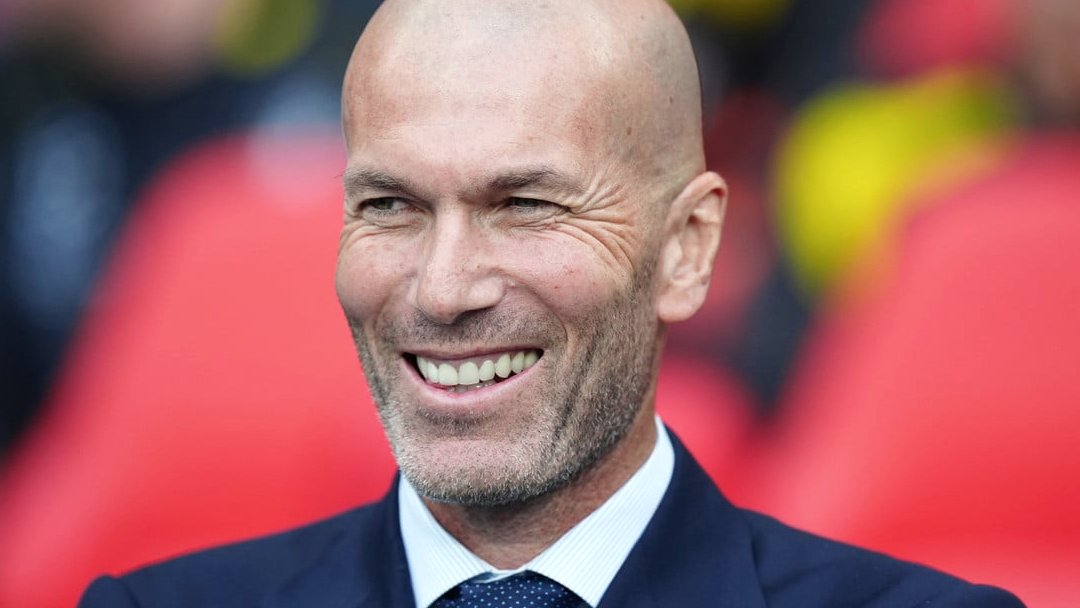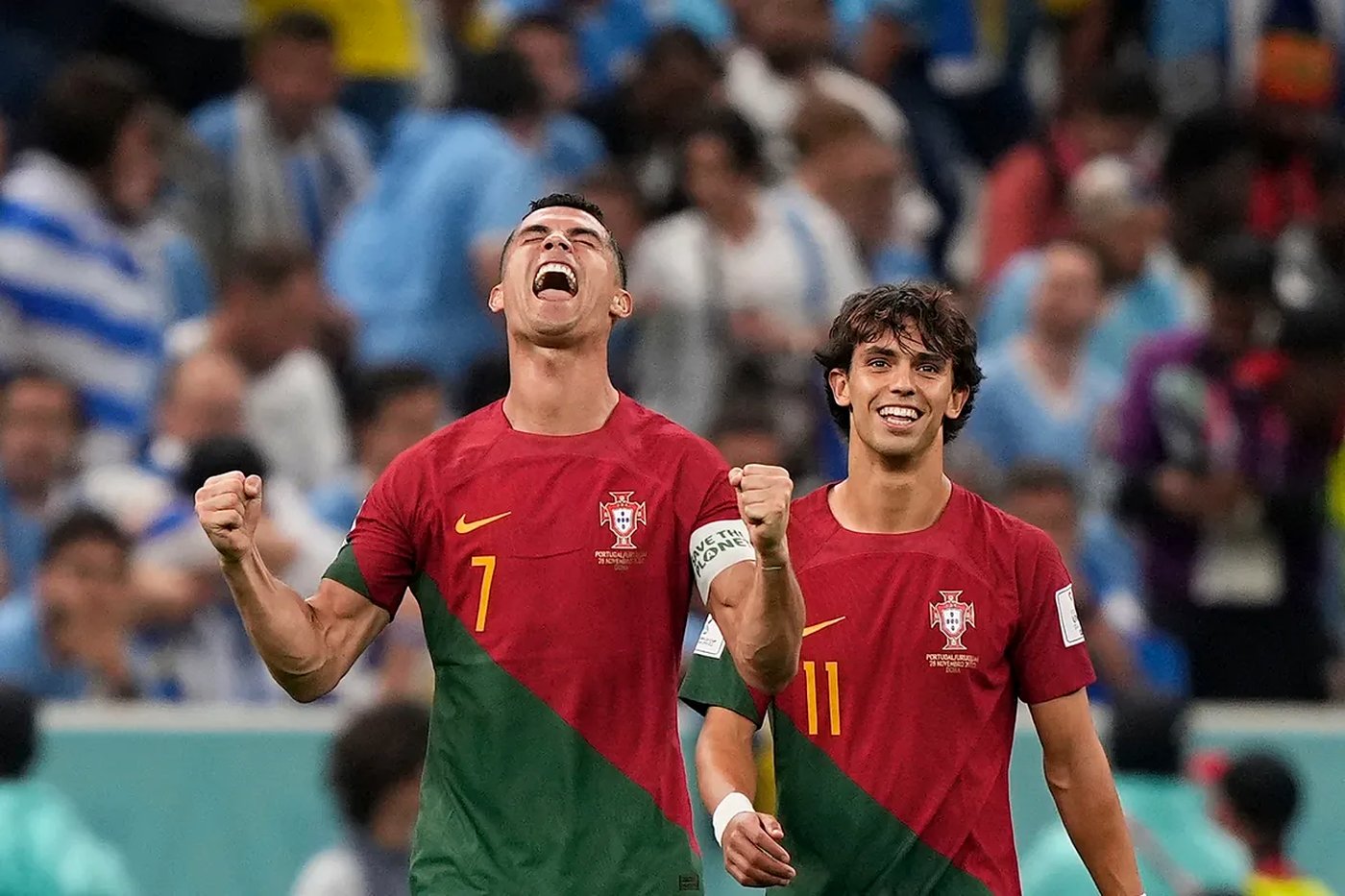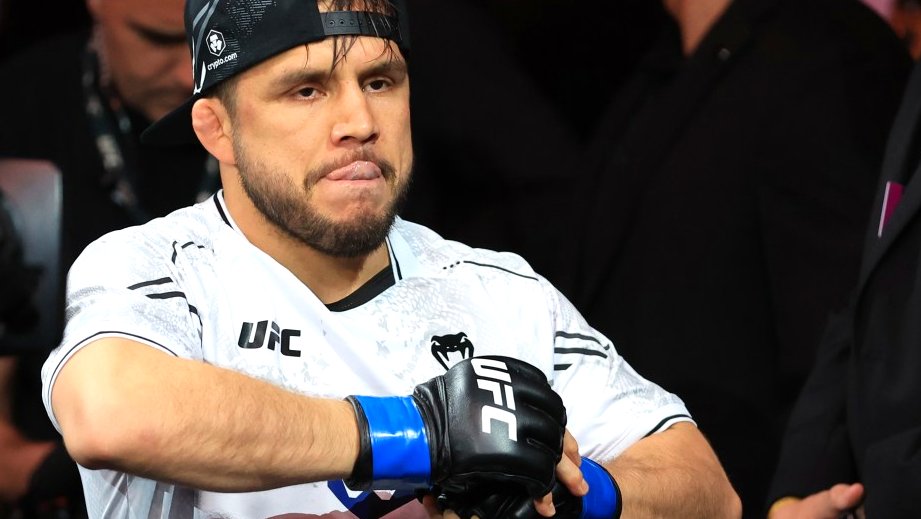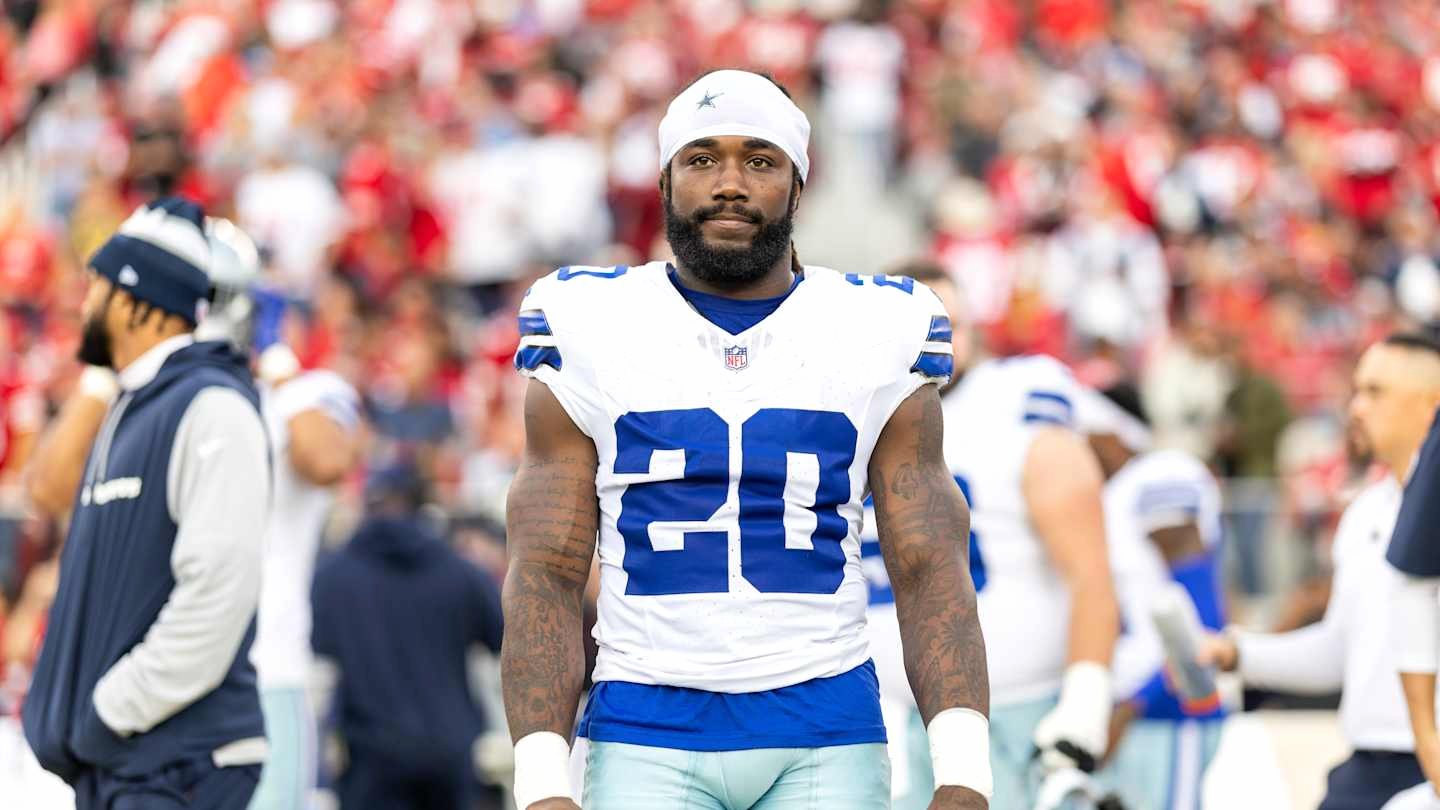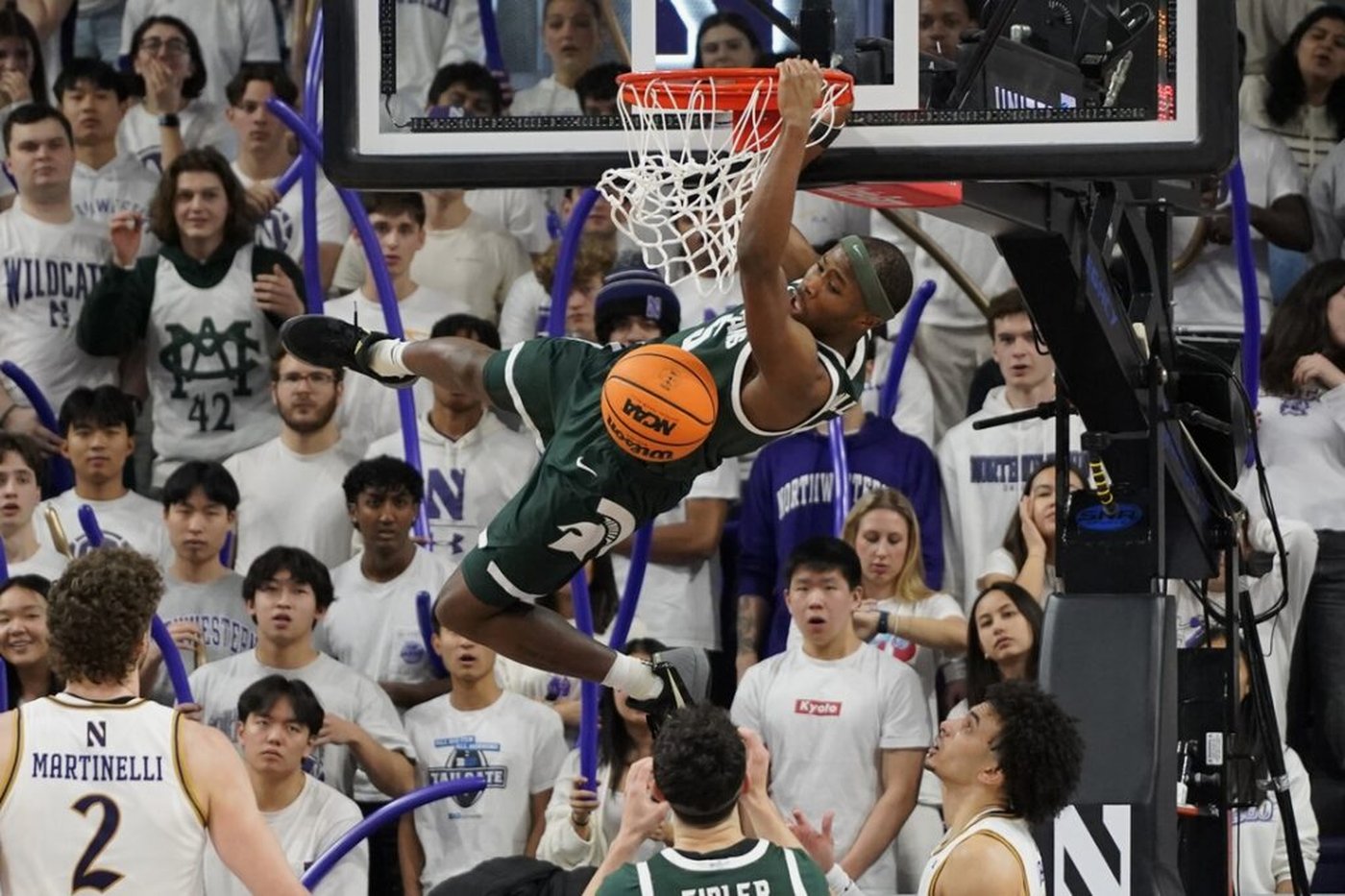Didier Deschamps, the iconic coach of the French national soccer team, has confirmed his departure following the 2026 World Cup. This announcement ends a historic 14-year tenure and sets the stage for Zinedine Zidane to potentially step in as his successor, ushering in a new era for Les Bleus.
A legendary tenure comes to an end
Didier Deschamps, appointed in 2012, will step down after the 2026 FIFA World Cup, which will be hosted across the United States, Canada, and Mexico. Over his 14 years in charge, Deschamps has managed an extraordinary 165 matches, achieving 105 wins, 34 draws, and only 26 losses. His achievements include leading France to their second World Cup victory in 2018, a Nations League triumph in 2021, and memorable runs to the finals of Euro 2016 and the 2022 World Cup.
Speaking in a televised interview, Deschamps explained his decision: “I’ve done my time. In my head, it’s clear—2026 is the right moment to move on. No one is irreplaceable.” Known for his pragmatic leadership and tactical acumen, Deschamps has left an indelible mark on French football, combining consistent results with an ability to manage a team through periods of transition.
Challenges in recent years
Despite his successes, Deschamps has faced criticism in his later years. France’s playing style during Euro 2024 drew scrutiny, as did internal tensions involving key players like Kylian Mbappé and Antoine Griezmann. However, Philippe Diallo, president of the French Football Federation (FFF), praised Deschamps for his “responsible and elegant” decision, noting that it allows for a smooth succession plan ahead of the 2026 tournament.
Zidane poised to take the reins
The departure of Deschamps naturally shifts attention to Zinedine Zidane, widely considered the leading candidate to succeed him. Zidane, a legendary figure in French football, has long been linked to the job and has openly expressed his desire to coach the national team. “With the French team, it’s not over. I hope to coach them one day. I want to close the loop with Les Bleus,” Zidane told L’Équipe in 2022.
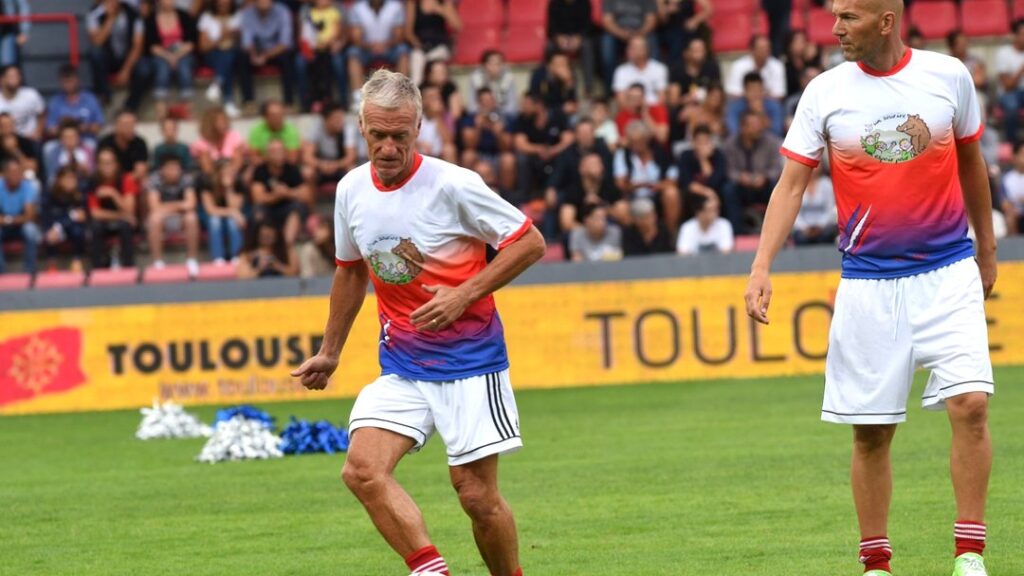
Zidane’s managerial credentials are exceptional. As head coach of Real Madrid, he won an unprecedented three consecutive UEFA Champions League titles (2016, 2017, 2018), solidifying his reputation as one of the world’s premier tacticians. His deep connection to French football, both as a player during the 1998 World Cup triumph and as a coach, makes him the overwhelming favorite to succeed Deschamps. Despite stepping away from management in 2021, Zidane’s meticulous approach and footballing intelligence remain highly respected in the sport.
Other potential candidates
While Zidane is the clear frontrunner, other names have been floated as possible contenders. Among them is Thierry Henry, who recently led the French Olympic team to a silver medal in the 2024 Paris Games. Although Henry’s coaching résumé is less decorated than Zidane’s, his leadership abilities and deep understanding of the game have garnered attention. However, most experts agree that Zidane’s pedigree as both a player and coach makes him the natural choice.
What’s next for Deschamps?
As Deschamps prepares for his final 17 months with the French national team, his focus will remain on achieving strong results at key competitions, including the UEFA Nations League and the 2026 World Cup qualifiers. Speculation about his next move has already begun, with rumors linking him to club-level roles, including a potential position at Paris Saint-Germain. For now, Deschamps has not disclosed his post-2026 plans.
Regardless of his future endeavors, Deschamps’ legacy as one of the most successful managers in French football history is secure. Philippe Diallo described him as “perhaps the coach with the most remarkable record in the history of our national team.”
What this means for Les Bleus
The announcement of Deschamps’ departure marks the end of an era for the French national team and opens the door to a pivotal transition period. With the 2026 World Cup looming, the French Football Federation (FFF) must carefully orchestrate the succession to maintain the team’s high standards. If Zidane accepts the role, his appointment would signal the beginning of a new chapter, blending his tactical expertise with his profound connection to French football.
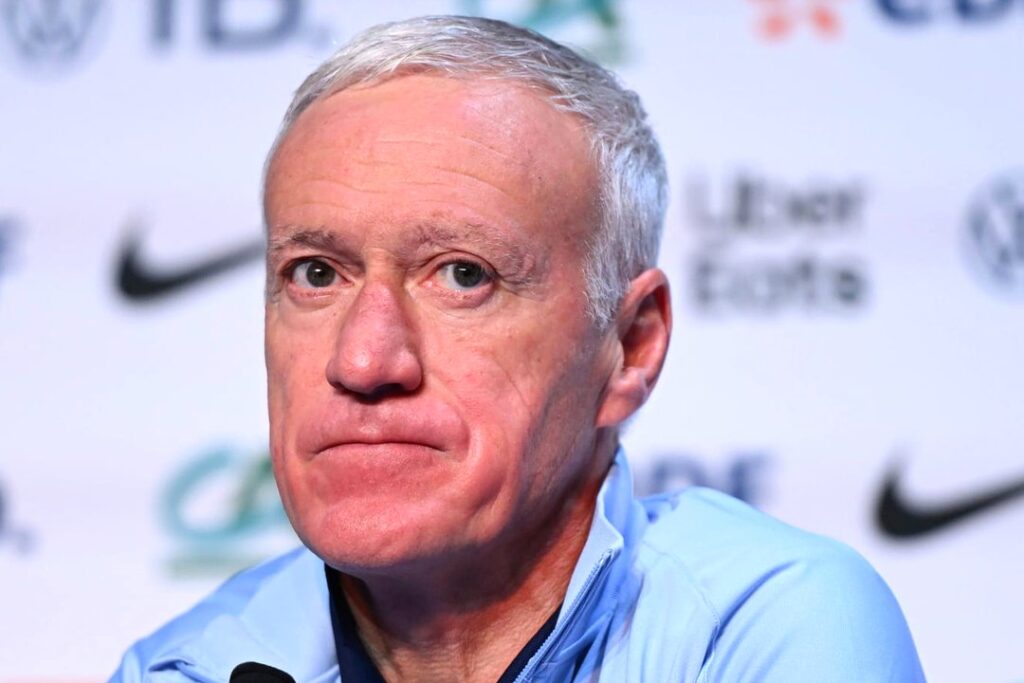
For Les Bleus, the stakes are immense. Zidane’s arrival would not only energize the squad but also raise expectations on the global stage. His proven ability to manage high-profile players and deliver results in high-pressure situations makes him the ideal candidate to lead France into the next era.
As the countdown to 2026 begins, French football fans will watch closely to see how this transition unfolds. Whether it’s Zidane or another candidate who takes the reins, the legacy of Didier Deschamps will serve as both a benchmark and an inspiration for what’s to come.

